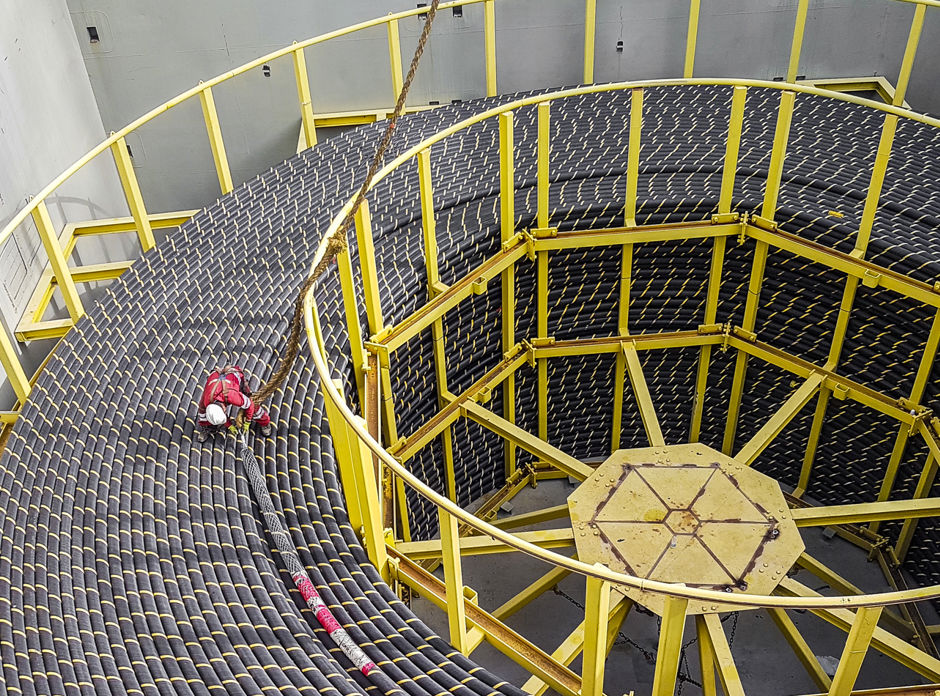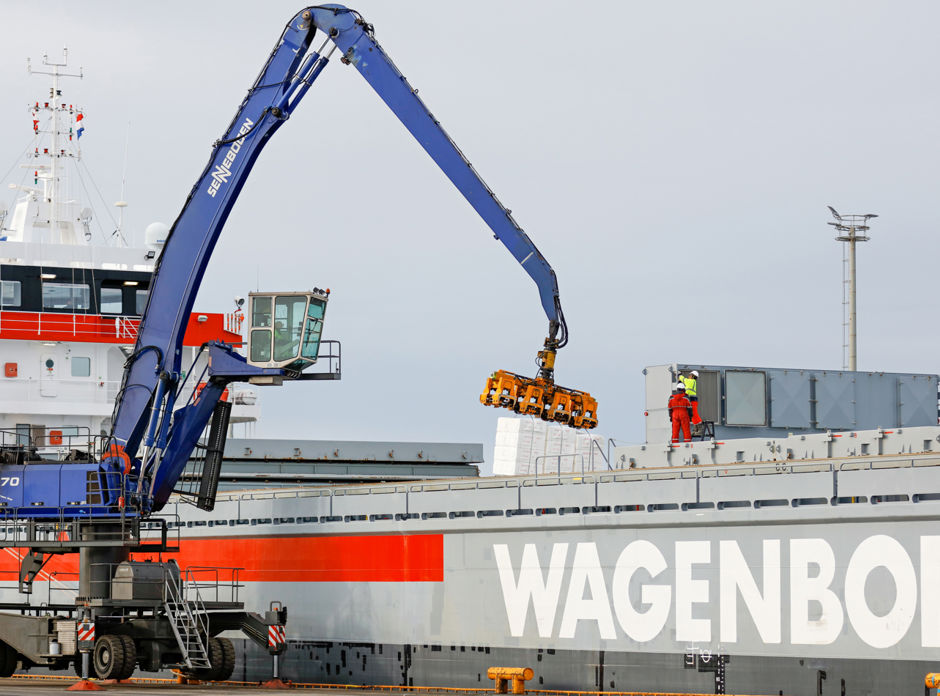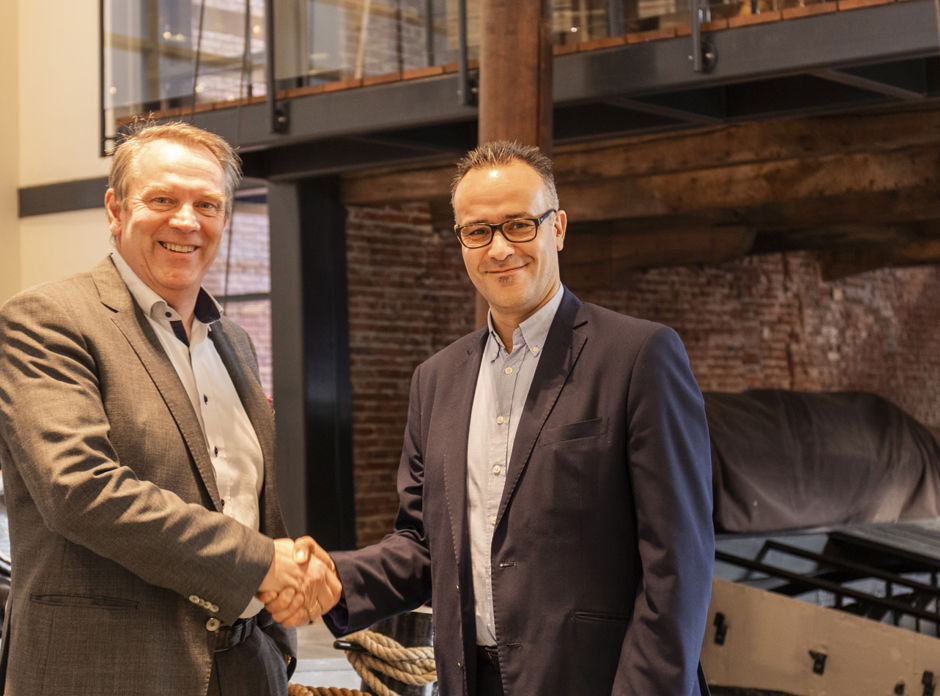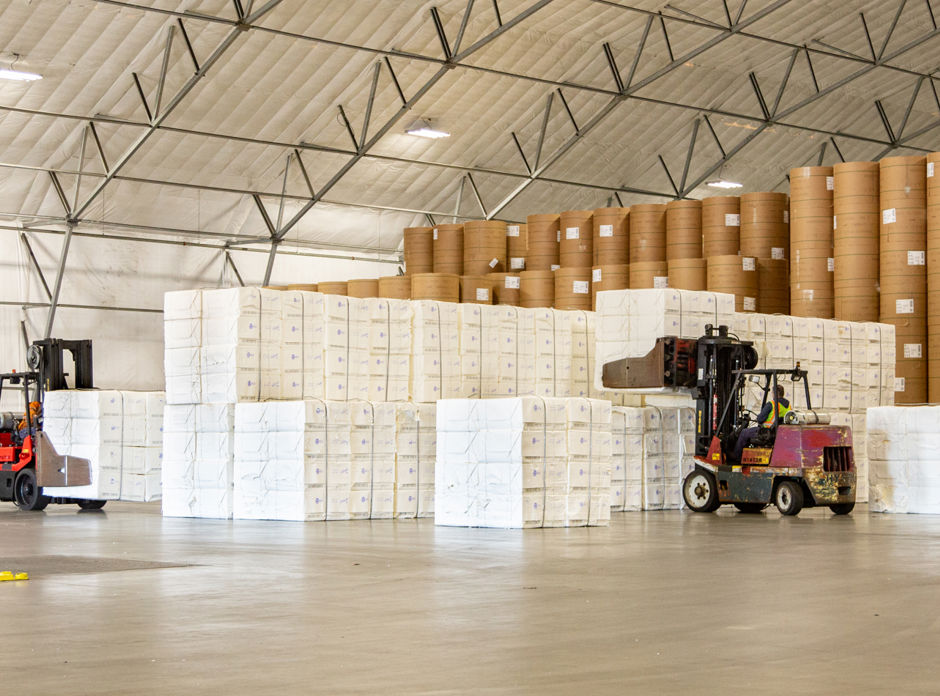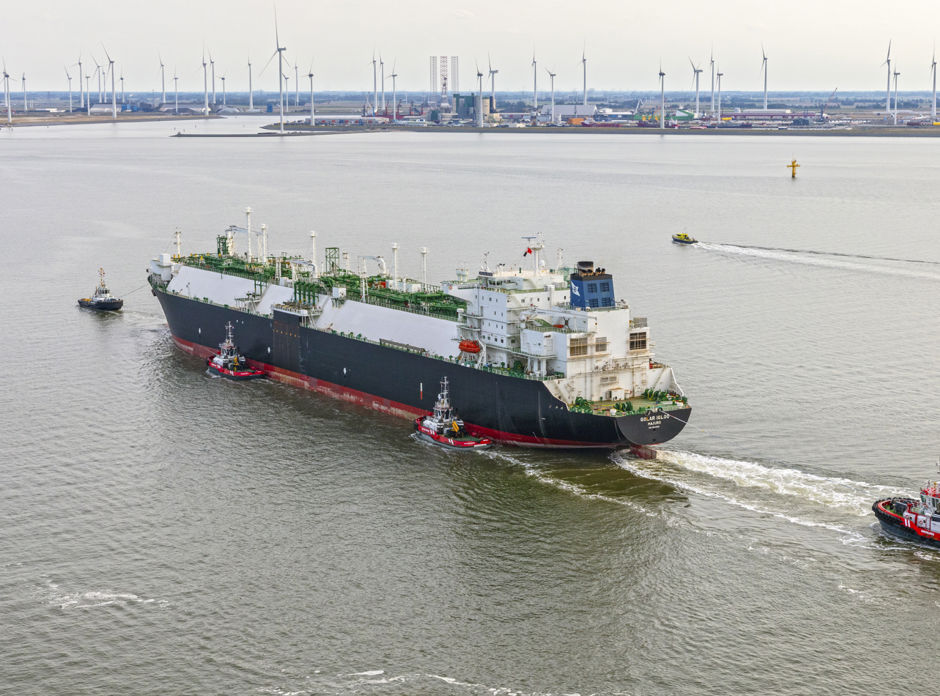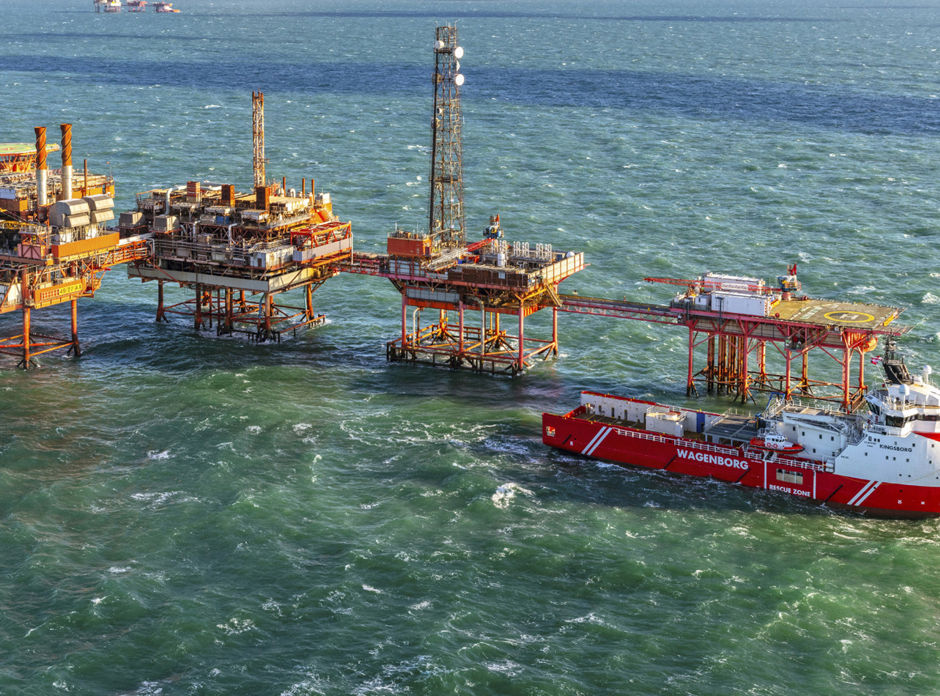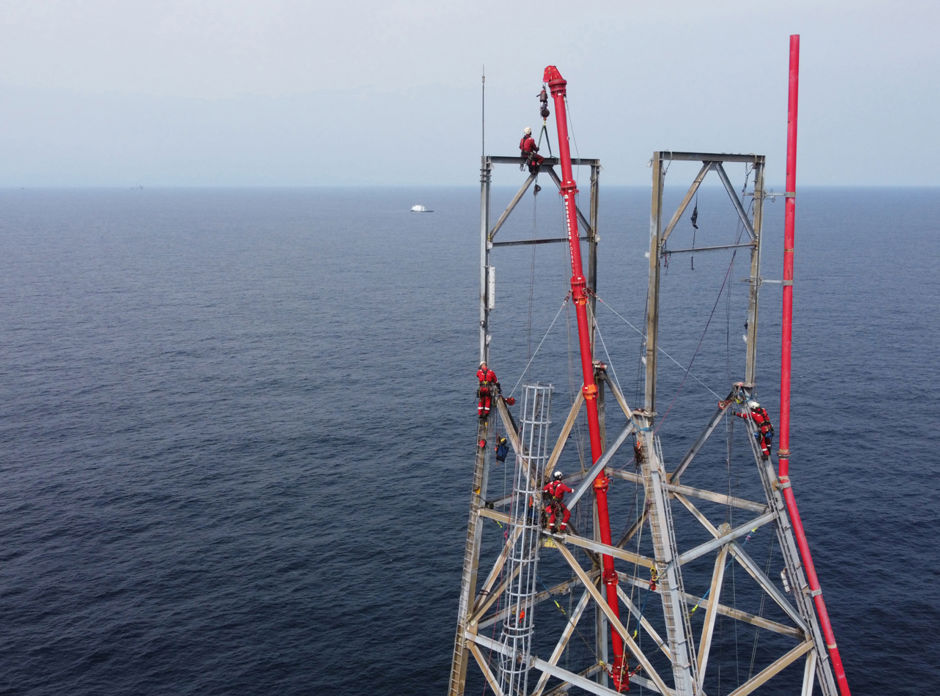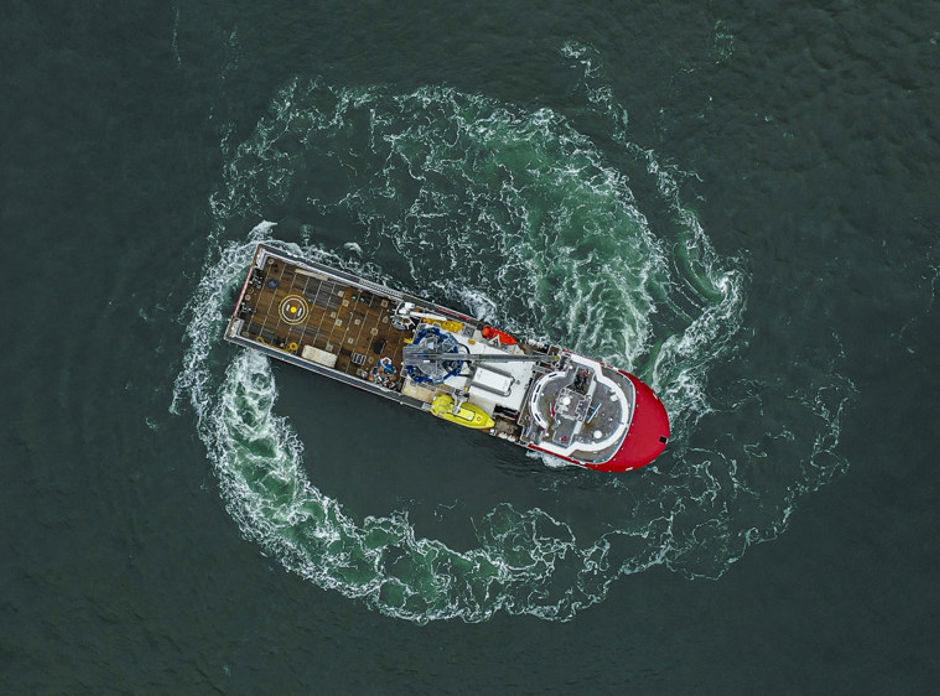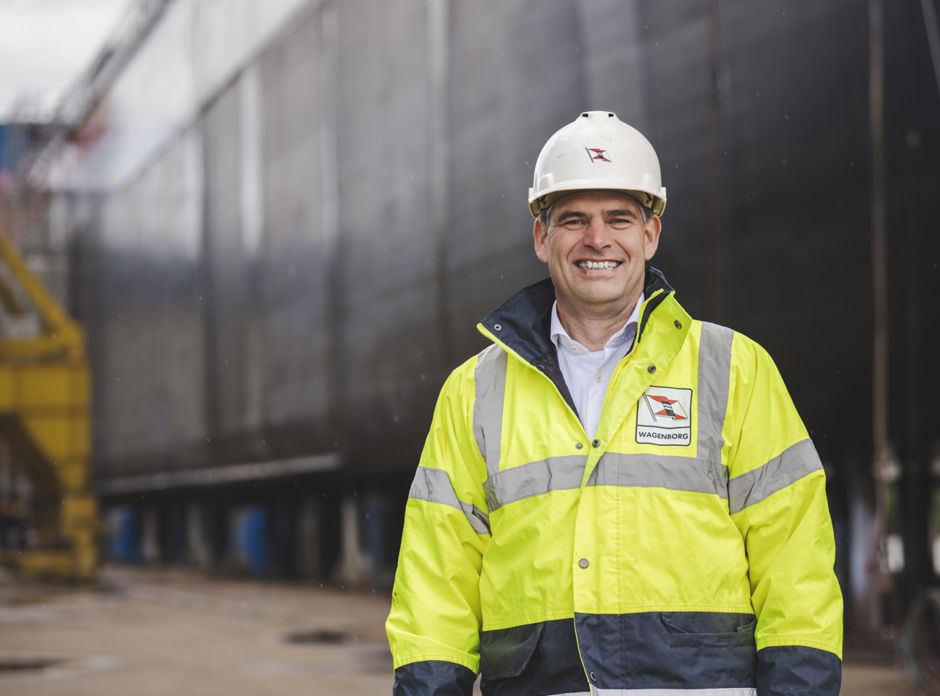Shipping cables made perfect for BorWin3
These are turbulent times for offshore wind energy in Europe: a prominent topic within the energy strategy of the countries surrounding the North Sea. Several offshore wind farms at various stages of operational deployment have taken hold in the German Bight; fully operational, commissioned, and under or scheduled for construction. But how is the electricity generated at sea delivered to the electrical grid?
Staying sustainable at sea
Dutch shipping company Royal Wagenborg transports UPM’s pulp from Finland to continental Europe. It’s a partnership grounded in sustainability.
ADM and Wagenborg, a successful combination
“I always like to see a customer in the sun”, laughs Wagenborg chartering director Koos Zumkehr when suddenly the sun shines through the clouds into the Delfzijl head office. Here, we talk with ADM senior chartering manager Jagjit Bibra-Hertle about the cooperation between ADM and Wagenborg.
SCA's need for global shipping - cost efficient and environmentally friendly
“We believe sea transport is important for SCA towards the future. For the last decades Wagenborg has been able to ship our products with a high quality and flexible fleet and had the chance to grow together,” says Mikael Toft, Commercial Manager SCA Sourcing & Logistics.
Wagenborg contributes to LNG terminal in Eemshaven
Eemshaven. Once the land of peat and agriculture. Nowadays more and more of new energy. Not only from offshore wind energy, but since September also from LNG via the EemsEnergyTerminal, a Gasunie subsidiary. This means that the Netherlands is one step closer to independence from Russian natural gas. The terminal will run at full capacity this winter.
Create added value with contract-based offshore
With the completion of KINGSBORG, Wagenborg Offshore director Edwin de Vries has five ‘walk to work’ vessels operational in the southern North Sea under a long-term contract within ten years. This success comes from the trust that offshore operators have in the transparent and service-led working methods of Wagenborg. “We're now seeing an interest in our vessels from other parts of the world”, says De Vries.
Masterpiece in offshore lifting
The Wagenborg Foxdrill team recently completed a very special offshore lifting project: the dismantling of a complete derrick on an offshore platform about 50 kilometers off the coast of Congo.
Put your logo on your heart
Franck Gibone transitioned from a publicly traded oil service company in West Africa, where shareholder profits dominated, to the family-run Perenco Group in 2019. “A world of difference”, he states.
The Wagenborg fleet of the future
How can we make sure that our fleet continues to meet the needs of our clients in times of sustainability demands? That is the central issue for the Wagenborg fleet strategy. In conversation with Theo Klimp, fleet director of Wagenborg Shipping.

